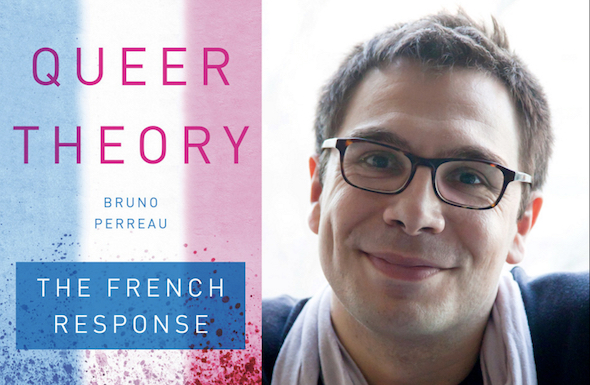A new fight with old battle lines: Book explores what France’s LGBTQ rights battle says about identity and belonging

"France defines its identity through the logic of unity,” says Perreau, the Cynthia L. Reed Professor of French Studies and Language in MIT’s Global Studies and Languages program. In this sense the strife over gay rights, like many French disputes, is “about trying to find what’s the totem of the nation."
—Bruno Perreau
Peter Dizikes | MIT News Office
February 3, 2017
In April 2013, the French government passed a law giving gay couples the right to marry and adopt children, despite months of public protests against those rights. But why did this measure — enacted well after similar laws in other European countries had already passed — stir so much controversy in a country often regarded as a bastion of personal liberty? Why have some factions of French society been so reluctant to, well, vive la différence?
To MIT Professor Bruno Perreau, this iteration of the global LGBTQ rights debate highlights an important way of grasping an essential tension in French society: France’s ideology of universalism has helped it drive toward equality in some respects, but the country has had trouble accommodating social differences in other regards.
“France defines its identity through the logic of unity,” says Perreau, the Cynthia L. Reed Professor of French Studies and Language in MIT’s Global Studies and Languages program. In this sense the strife over gay rights, like many French disputes, is “about trying to find what’s the totem of the nation.”
Now Perreau has written a book analyzing this political controversy. And his tome, “Queer Theory: The French Response,” published by Stanford University Press, examines basic French questions of universalism as well as specific contours of the recent dispute — and recommends a new approach to crafting legal rights in the future.